College of Human Sciences
Decolonising social work education
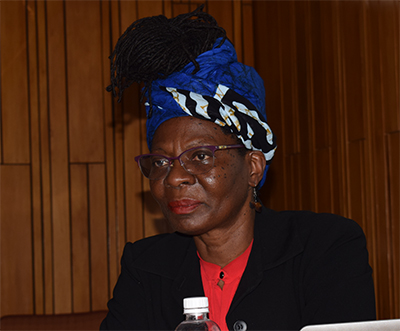 On 5 March 2018, the Department of Social work in the College of Human Sciences had the pleasure of hosting Dr Delores Mullings who is visiting from the Memorial University of Newfound land in Canada.
On 5 March 2018, the Department of Social work in the College of Human Sciences had the pleasure of hosting Dr Delores Mullings who is visiting from the Memorial University of Newfound land in Canada.
Dr Mullings said that she has been motivated to work on decoloniality by a number of contestations around what is traditionally imposed as a suitable curriculum. “I have always had a problem with the notion that assumes school teachers as all-knowing, and learners as empty vessels who show up for us to fill their head with education when they should actually be at the centre of the entire learning process." She said decoloniality encouraged her to critique and challenge that traditional teaching and learning process, and through community engagement, decolonisation unmasks and improves the learning environment.
In her high school years in Canada, Dr Mullings was the type of child who was mostly broken by teachers who classed her as less than successful. Although she was unaware, she resisted that rank, and pushed herself until she qualified for university. Furthermore, Dr Mullings said that at university it was hard for her to accept the social work curriculum that was set for them as students because she felt that it was irrelevant and would not prepare her for the field. And that resistance was basically the foundation of her work in decolonising education.
In the workshop, Dr Mullings challenged attendees to team up and think about what decolonisation means to each of them and how have their experiences in the classrooms influenced how they see decoloniality. From the feedback, Dr Mullings spoke on what is actually meant by the word “diversity”, and according to her, it is just a eurocentric term that was incorporated into academia by the white minority as a way of including others. She mentioned that the discourse on diversity centralises white bodies while appearing as if it is all inclusive. But ultimately, she pointed out that everyone’s ideas around decoloniality are shaped in the same way, meaning that we all feel it is about us, our environment and how we apply ourselves through the teaching and learning process.
In conclusion, Dr Mullings suggested that the most suitable entry point to decolonising education is to disrupt the classroom space, because she believes that it is set up to disable students to be in conversation with each other but only with the lecturer, which is contrary to how communities work. She mentioned that her practical approach is creating a space where students recognise that in the classroom, they share power with their lecturer.
*By Katlego Pilane (CHS communications & marketing)
Publish date: 2018-03-14 00:00:00.0

 Seven Unisans nominated for the NSTF-South32 Awards 2023/2024
Seven Unisans nominated for the NSTF-South32 Awards 2023/2024
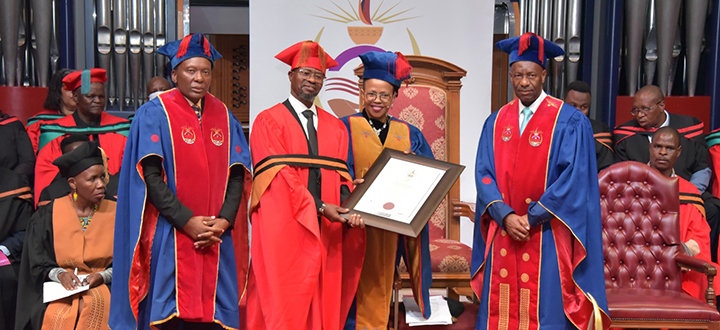 Unisa awards posthumous honorary doctorate to literary maven, OK Matsepe
Unisa awards posthumous honorary doctorate to literary maven, OK Matsepe
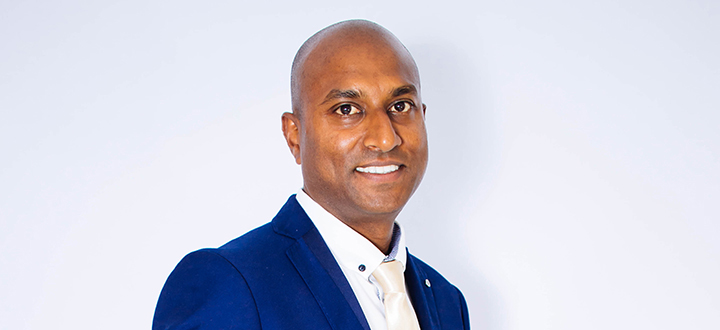 From humble beginnings to academic leadership
From humble beginnings to academic leadership
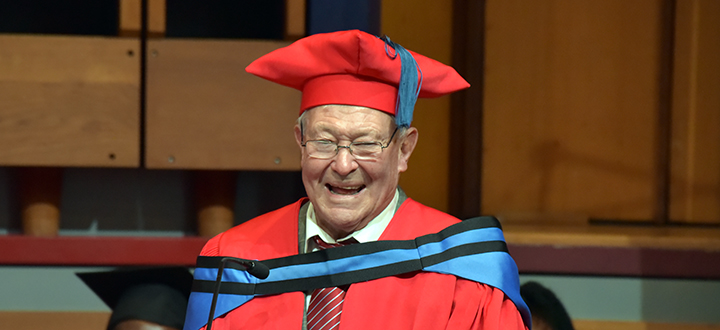 Community champion and agricultural entrepreneur extraordinaire honoured by Unisa
Community champion and agricultural entrepreneur extraordinaire honoured by Unisa
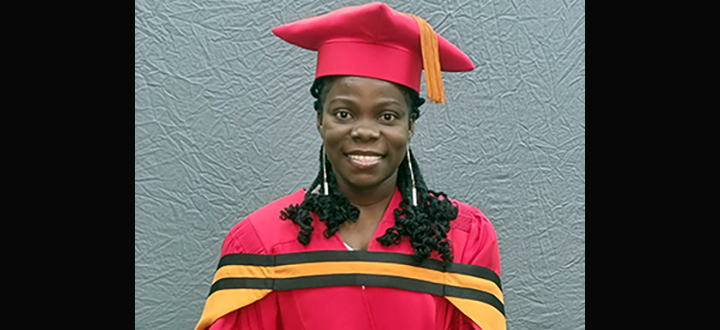 Ghanaian-born Swede earns PhD in Information Sciences from Unisa
Ghanaian-born Swede earns PhD in Information Sciences from Unisa